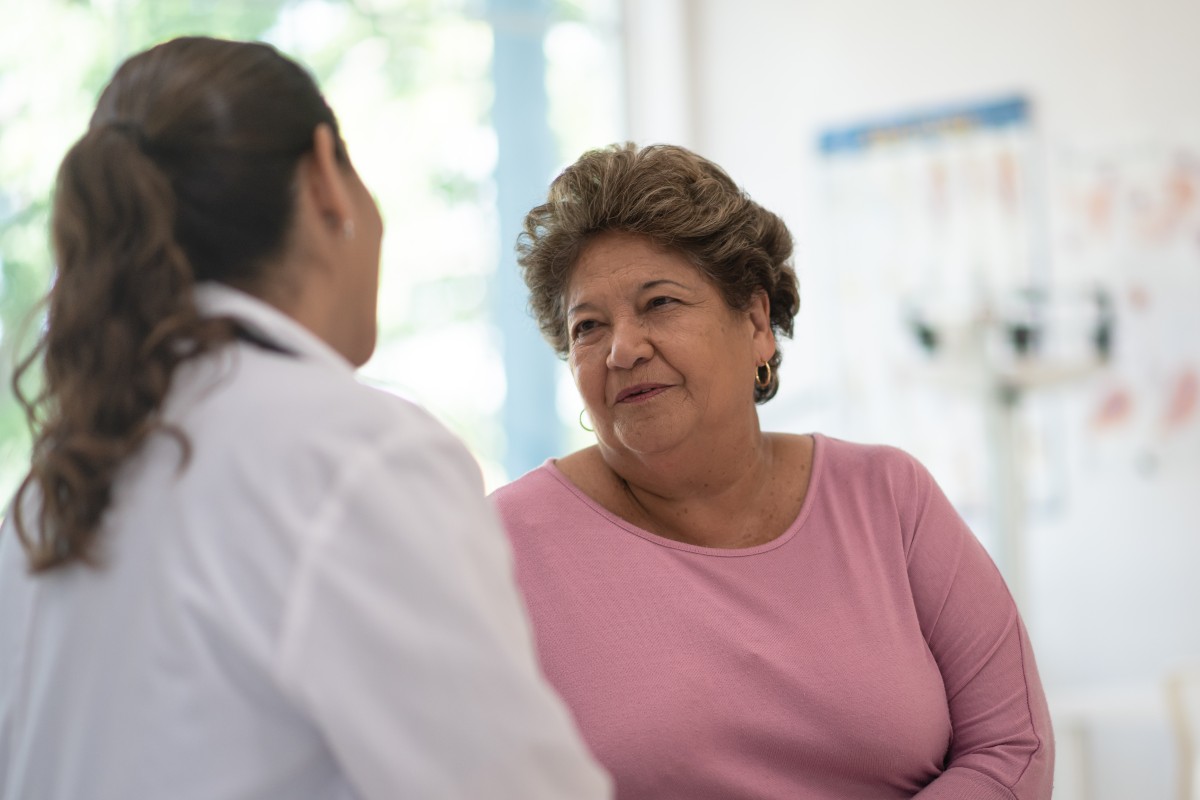The most recent statistics from the American Cancer Society show that around 1 in 8 men will be diagnosed with prostate cancer in his lifetime, with an even higher incidence as men get older. Among African American men, 1 in 6 will be diagnosed with prostate cancer. Prostate cancer is the most common cancer among men, second only to skin cancer. But statistics only tell part of the story. Each person's experience is different. The emotions, treatment decisions and support team make each man's diagnosis and healing journey unique.
"After a prostate cancer diagnosis, you have a lot to consider. Your doctor is here to help you understand your condition and move forward. Your friends, family and community, can also be a source of support to lean on," says Jack Lambert, M.D., urologist with Riverside Health.
These prostate cancer survivor stories are based on a composite of actual patient experiences. They represent what someone may experience after a diagnosis of prostate cancer.
Mark had a rising PSA level
Mark is an active 59-year-old man. As part of his annual physical exam, his primary care physician tracks his prostate-specific antigen levels. In September of 2015, his doctor was concerned that his PSA levels were rising quickly. He recommended a biopsy, and the results revealed prostate cancer.
Learning about prostate cancer and selecting a treatment put Mark back in control
Once the initial surprise of the cancer diagnosis passed, Mark and his wife reviewed information from the doctor on his diagnosis. Mark's cancer had a high Gleason score of 9, an indication the cancer is more likely to grow and spread.
After learning about his diagnosis, Mark’s urologist discussed both radiation and surgery as treatment options. After much thought, Mark ultimately decided on a radical prostatectomy, a surgery to remove the prostate. While this was a decision he did not take lightly, the ability to make an informed choice put Mark back in the driver's seat, and for this, he was grateful.
A new normal for Mark
Mark's surgery went well. After some time recovering, he was able to get back to his normal activities. His doctor continues to monitor him for signs of the cancer coming back, and admittedly that does scare him a bit. But mostly he is enjoying life and a newfound motivation for putting his health first with diet and exercise and making time for things that matter, like his family.
Brian's exam revealed a hardened prostate
Brian, a lively 72-year-old, had a PSA level that was slowly rising. He visited his doctor for a digital rectal exam and the doctor observed a hardened prostate. Brian underwent a biopsy, and when the results came back, he was shocked – prostate cancer.
Brian eats healthy, exercises daily and doesn't smoke. A cancer diagnosis was a complete shock. However, his doctor explained that his biopsy came back with a Gleason 6 score, indicating slow-growing, low-risk disease.
Considering the risks and benefits led Brian to active surveillance
Initially, Brian thought all cancer was the same. His mind went directly to chemotherapy or radiation. He soon learned he had time to make a decision, and that actively monitoring the cancer was also an option.
Brian and his partner spent several weeks reviewing the options for treatment or surveillance, weighing the risks and benefits and playing out different scenarios. Ultimately Brian opted to monitor his cancer actively and revisit treatment options in the future.
Active surveillance isn't an option for all prostate cancer, but for some, treatment might not make sense. Review both treatment and surveillance with your doctor. If you decide to monitor your cancer, it's essential to understand your follow-up schedule and what markers your doctor will use to measure if the cancer is stable or growing.
Get the support you need to manage your diagnosis
A prostate cancer diagnosis can be scary and, at first, overwhelming. But many people can support you, so it's important not to go it alone.
Schedule an appointment with a member of our prostate cancer care team to get the help you need today. Or, if you are looking for some support, a prostate cancer support group is a great place to meet others who are also going through a diagnosis.



